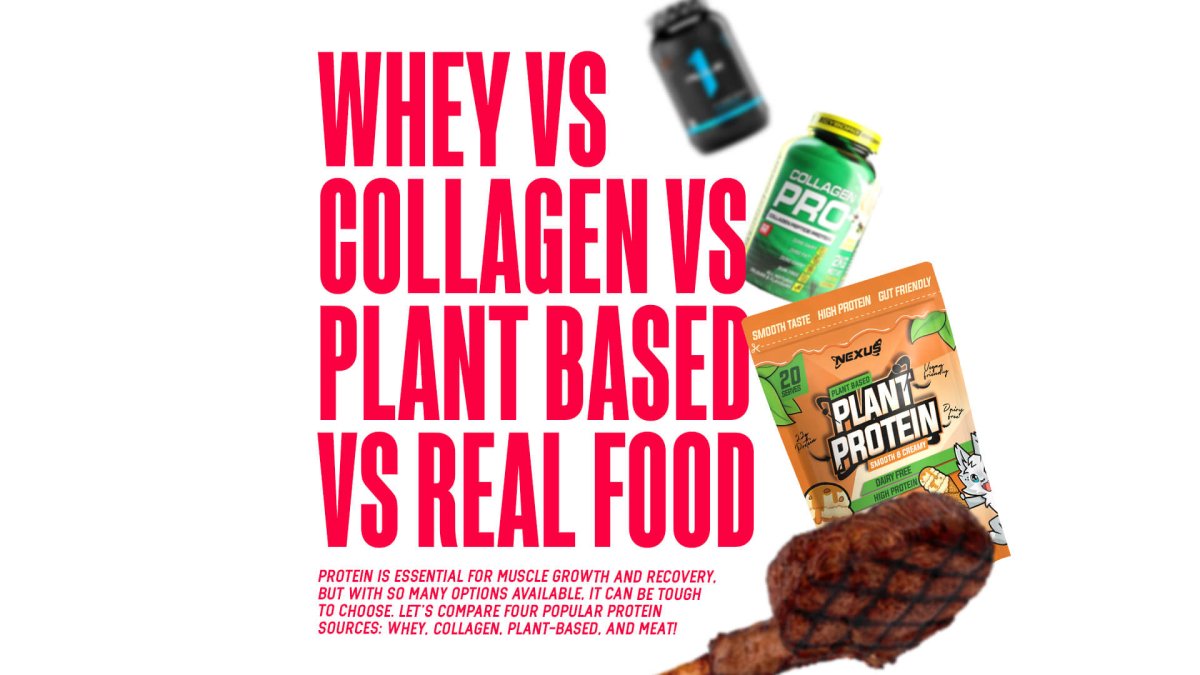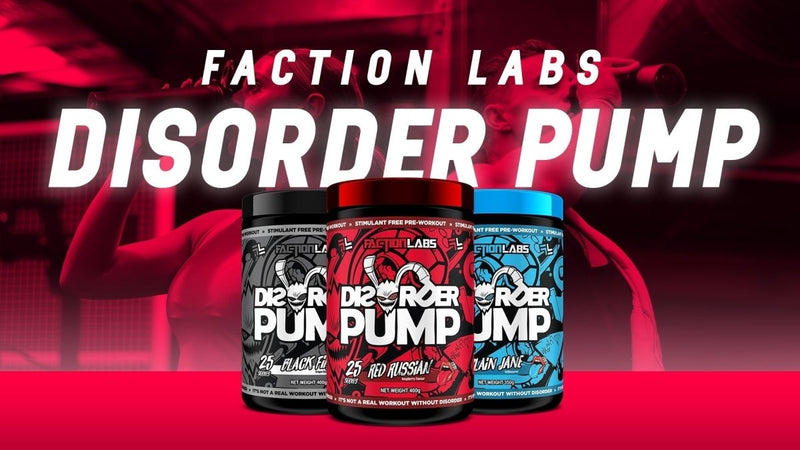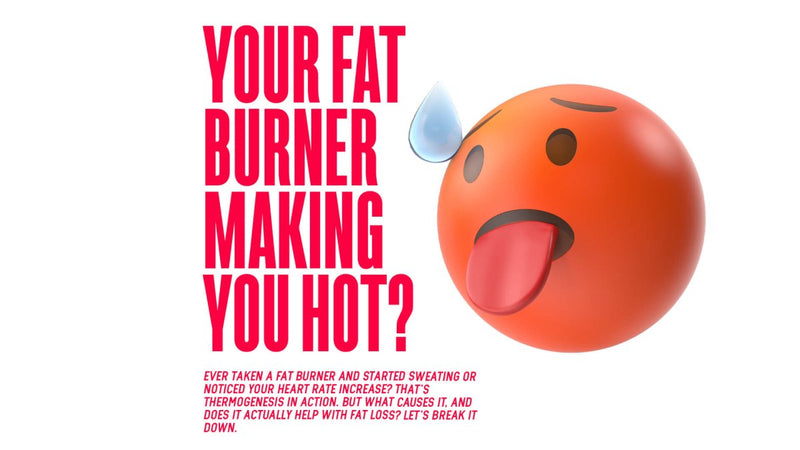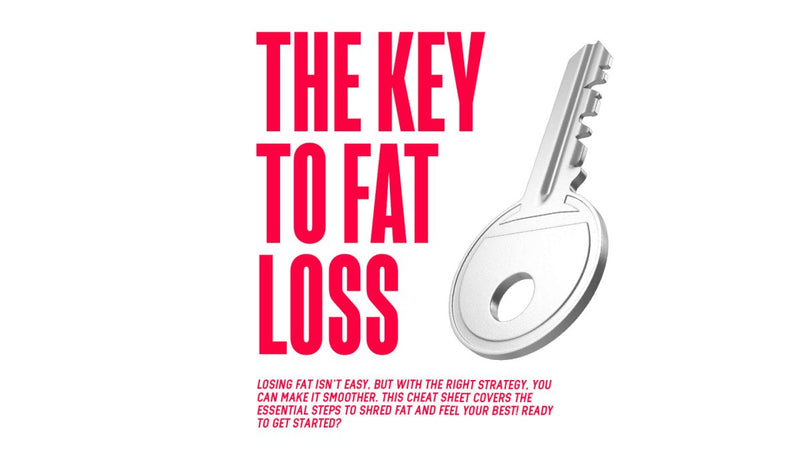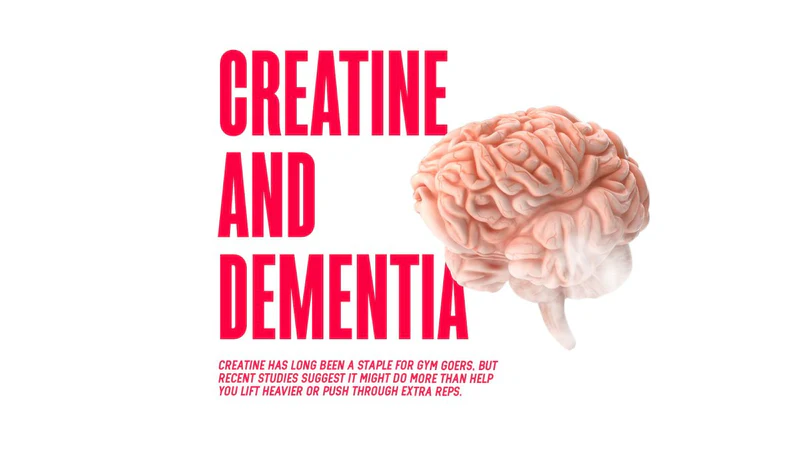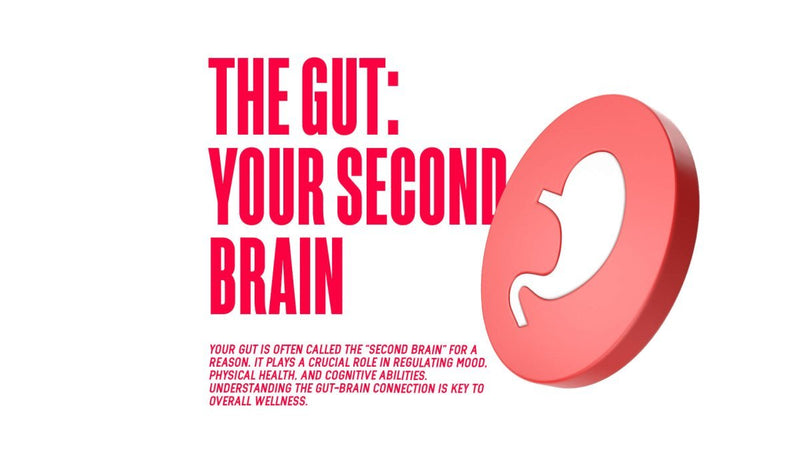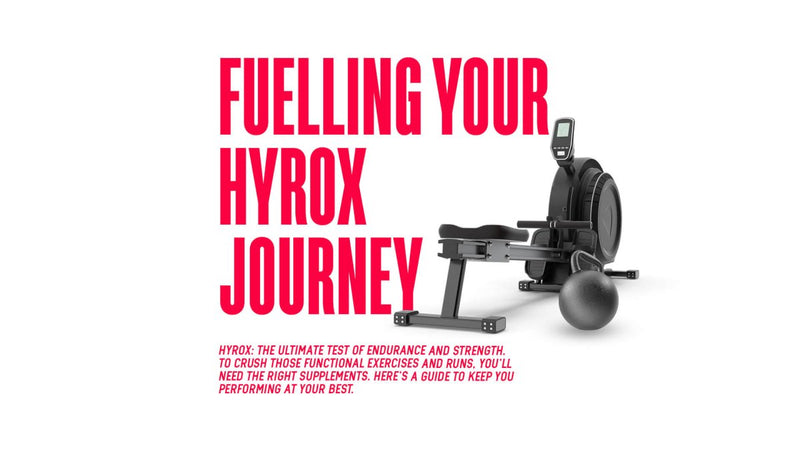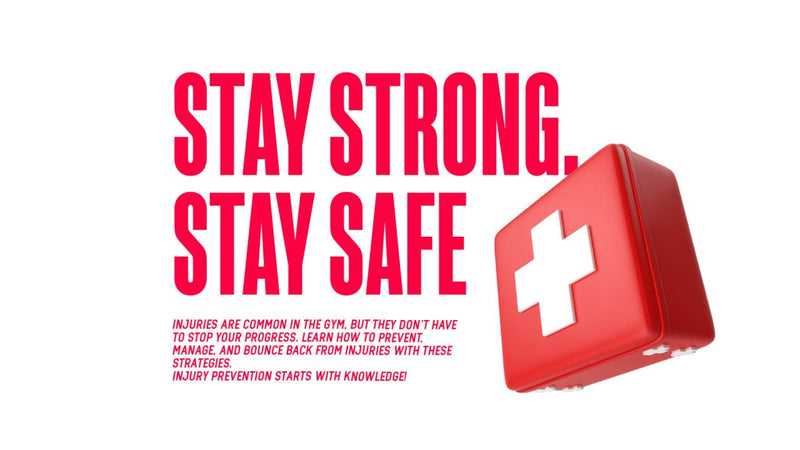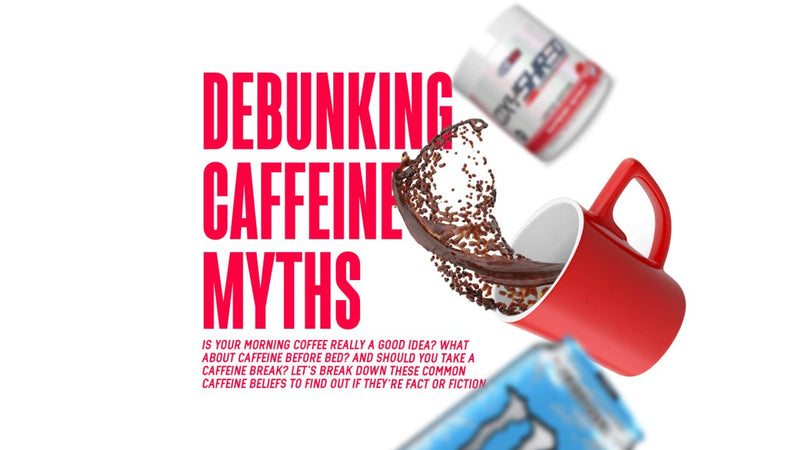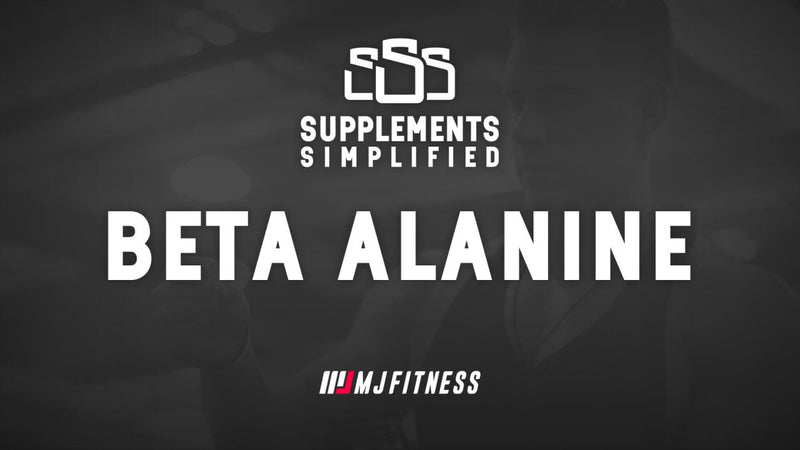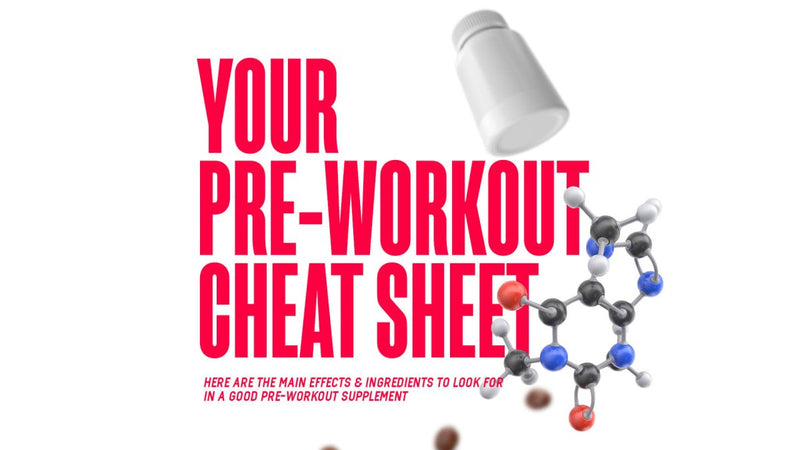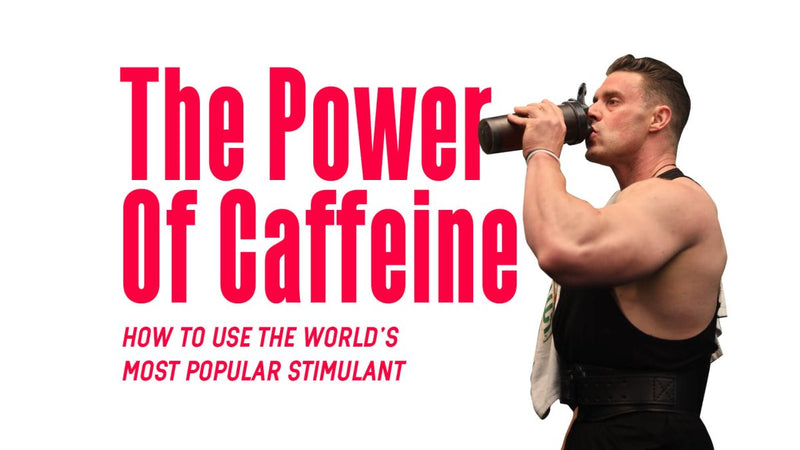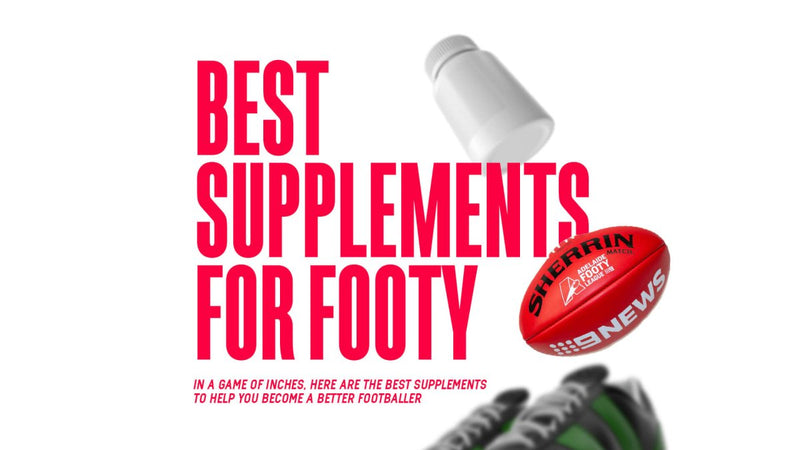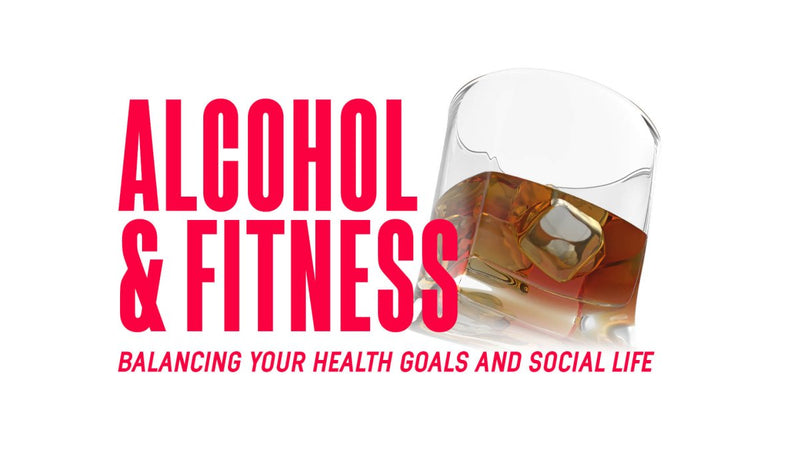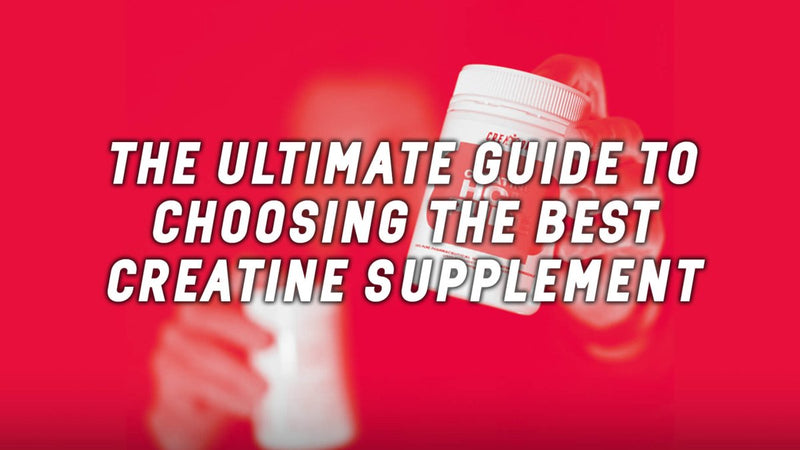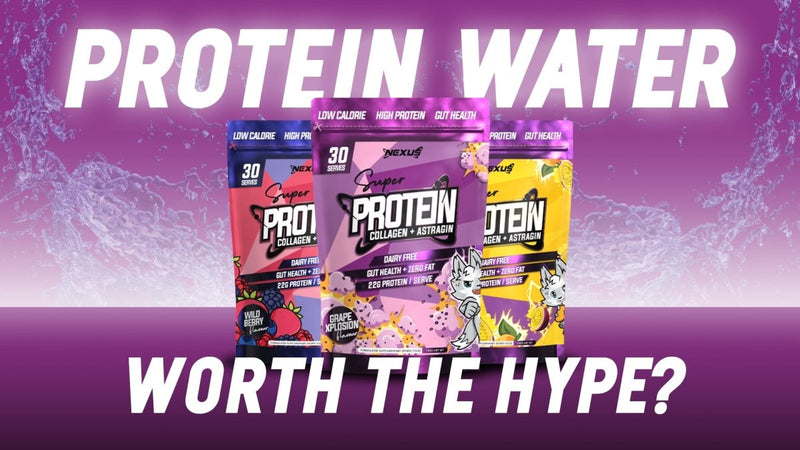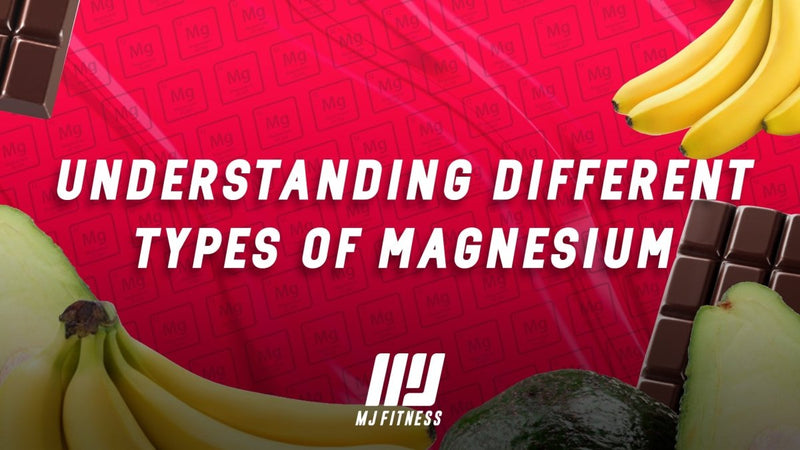You can’t get swole without protein. It’s a fact. Anyone will tell you that the way to build muscle starts with protein. The best part about protein is you have multiple sources to choose from. Today we’re breaking down four popular options: whey, collagen, plant based and meat proteins.
Whey Protein Powder
Whey protein is the favourite when it comes to protein powder. You hear someone say “protein powder” and this is usually what they’re talking about. Containing all nine essential amino acids, whey protein is ideal complete protein for any athlete looking to boost their gains and recovery. Typical servings of whey protein give you 20-25 grams, with less than 5 grams of carbs and fats. However, whey protein is derived from milk, meaning it can cause digestive discomfort to lactose intolerant people. Depending on your sensitivities, you may be able to switch to a whey protein isolate, which takes out over 90% of the lactose, but those with severe lactose intolerance or milk allergies should use caution.
Plant-Based Protein Powder
If you’re avoiding animal based products, plant-based proteins are perfect. Coming from peas, watermelon seeds, soy, pumpkin, and various other vegan sources. Some of these are a complete protein, like soy, where others combine different sources to create the full amino acid profile. With the addition of being easier on the stomach, especially for people that can’t have whey, plant proteins also have extra nutrients like fiber, antioxidants and healthy fats. Per serving, you’ll get around 15-20 grams of protein, with 2-10 grams of carbs and fats. The downside to all that is that plant proteins have been seen to have slightly less bioavailability compared to animal based proteins. However, this is lessened with complementary plant proteins like rice and pea. They’re also widely known for their grittier texture when in a shake, but blends are becoming better as time goes on.
Collagen Protein Powder
Collagen is becoming more and more popular due to its benefits to skin, joints and tendons. Being rich in glycine, proline and hydroxyproline, it’s great for supporting joint and skin health. However, collagen proteins are not a complete protein, lacking in tryptophan, an essential amino acid. A usual serving gets you 10-15 grams of protein, with low fats and carbs. It won’t contribute to muscle growth as much as other protein sources. However, it’s perfect for those wanting to focus on their skin and joint health. Collagen powders mix very well, so they can be mixed into a smoothie or shake.
Meat
If you’re looking to get your protein in, the main source that you should be looking at is food. Animal based proteins from meat sources are packed with essential amino acids and are easily absorbed by the body. Meat sources like beef, fish and chicken are big players in any high protein diet looking for muscle building and recovery. 85g-100g of meat provides anywhere from 20-30 grams of protein, with varying fats and carbs, depending on the cut of meat. With a generous amount of protein, meats also contain nutrients like iron, zinc and vitamin B12. While meat is nutrient dense, it’s the least convenient protein source because it needs to be cooked. It also raises concerns with those who prefer less animal products in their diet.
Plant-Based Foods
If you’re not a fan of meat, there are still options for food that’s high in protein. Plant based foods like tofu, tempeh and legumes are additions to your diet that give you the meat free protein hit. As an example, 100g of extra-firm tofu gives you 10g-12g of protein. Much like their animal counterparts, these protein sources also require a bit of time to prepare, but they’re faster to prepare and they offer a great alternative to meat.
Which Protein Source Reigns Supreme?
When it comes to protein, there’s no shortage of where you can find it. Each source has its own benefits and factors to consider. The best choice of protein source depends on your diet, goals and preferences. Make sure to do your research and you’ll be kicking goals in no time.

